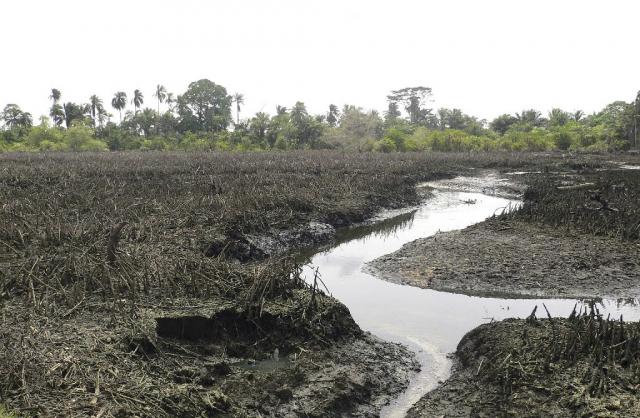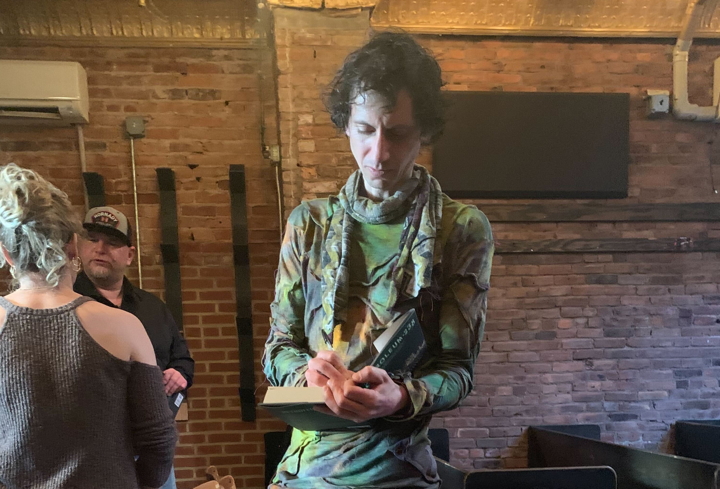In a historic move, oil giant Shell has agreed to take responsibility and to compensate Bodo fishing communities in the Ogoniland region of the Niger Delta wetlands after their homes and livelihoods were ravaged by destructive oil spills in 2008 and 2009.
The case is also significant due to the fact that Shell will face the music at home, i.e. in a British court rather than one in Nigeria. Environmental advocates have long called for western oil companies to face their claimants on home soil in order to ensure more media coverage and a larger payout to the affected residents.
Martyn Day, speaking for the 69,000 Bodo, said they are seeking “adequate compensation immediately.” This will likely amount to hundreds of millions of dollars in damages paid to people living in the Niger Delta, a region severely affected by poverty. Shell will likely also face additional litigation in the future.
Day explains:
“This is one of the most devastating oil spills the world has ever seen and yet it had gone almost unnoticed until we received instructions to bring about a claim against Shell in this country [UK].”
“The Bodo people are a fishing community surrounded by water. What was the source of their livelihood now cannot sustain even the smallest of fish. The spills have caused severe poverty amongst the community.”
“Marine life has been devastated within the 2,000 hectares of the creek and the mangroves have been, without exception, destroyed.”
Until now, Shell has claimed that less than 40,000 gallons of oil were released into the environment due to the spills. This is no longer the situation.
The lawyers for the Bodo, Leigh Day & Co., claim that the quantity of oil released from the two spills is equivalent to approximately 20 percent of the amount which leaked into the Gulf of Mexico after BP’s Deepwater Horizon disaster. Some experts even believe that the spills could be as large as the 1989 Exxon Valdez oil spill disaster off the coast of Alaska which dumped more than 10 million gallons of oil into Prince William Sound.
Three sets of claims have been submitted in the case:
(1) for at least $100 million (£61 million) in order to clean up the devastated area;
(2) for damages to the community land;
(3) for losses suffered by individual families.
Finally, at least some Nigerians will be compensated for these disastrous oil spills, which have become all too commonplace. According to the Nigerian government, more than 7,000 spills occurred between 1970 and 2000. It is believed that oil spills are taking place at a rate of 300 every year.
According to a joint report from Friends of the Earth and Amnesty International, Shell has tried to avoid liability for five decades worth of oil spilled (some 546 million gallons) into the Niger Delta (nearly 11 million gallons a year).
In 2009, Nigeria accounted for around 9 percent of Shell’s oil production.
This is a big victory for Bodo Nigerians because taking the company to court in Britain means that Shell will not be able to avoid paying, unlike Chevron’s efforts to avoid $8 billion in compensation when an Ecuadorian court found them liable for spills in that country earlier this year.
Subscribe to our newsletter
Stay up to date with DeSmog news and alerts






